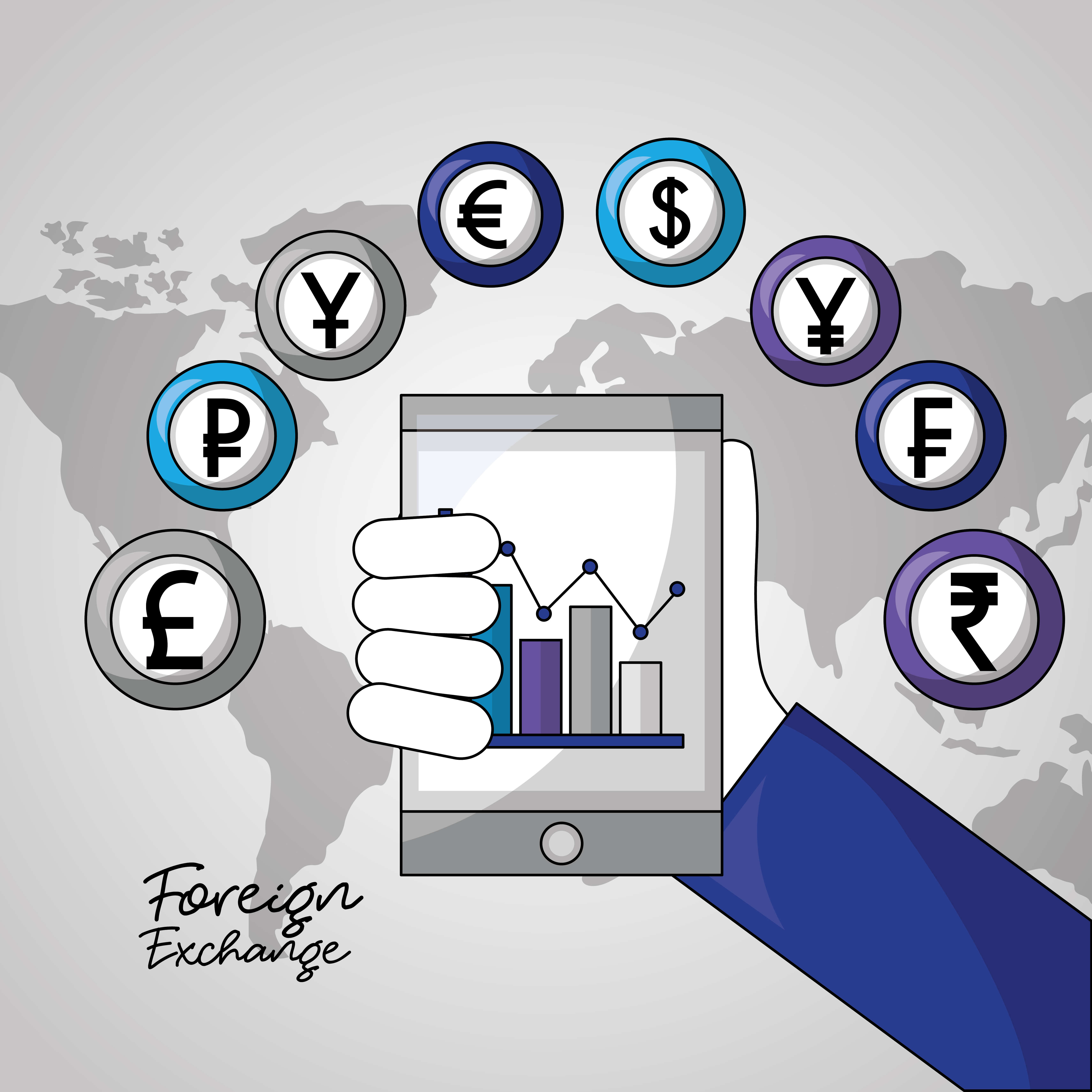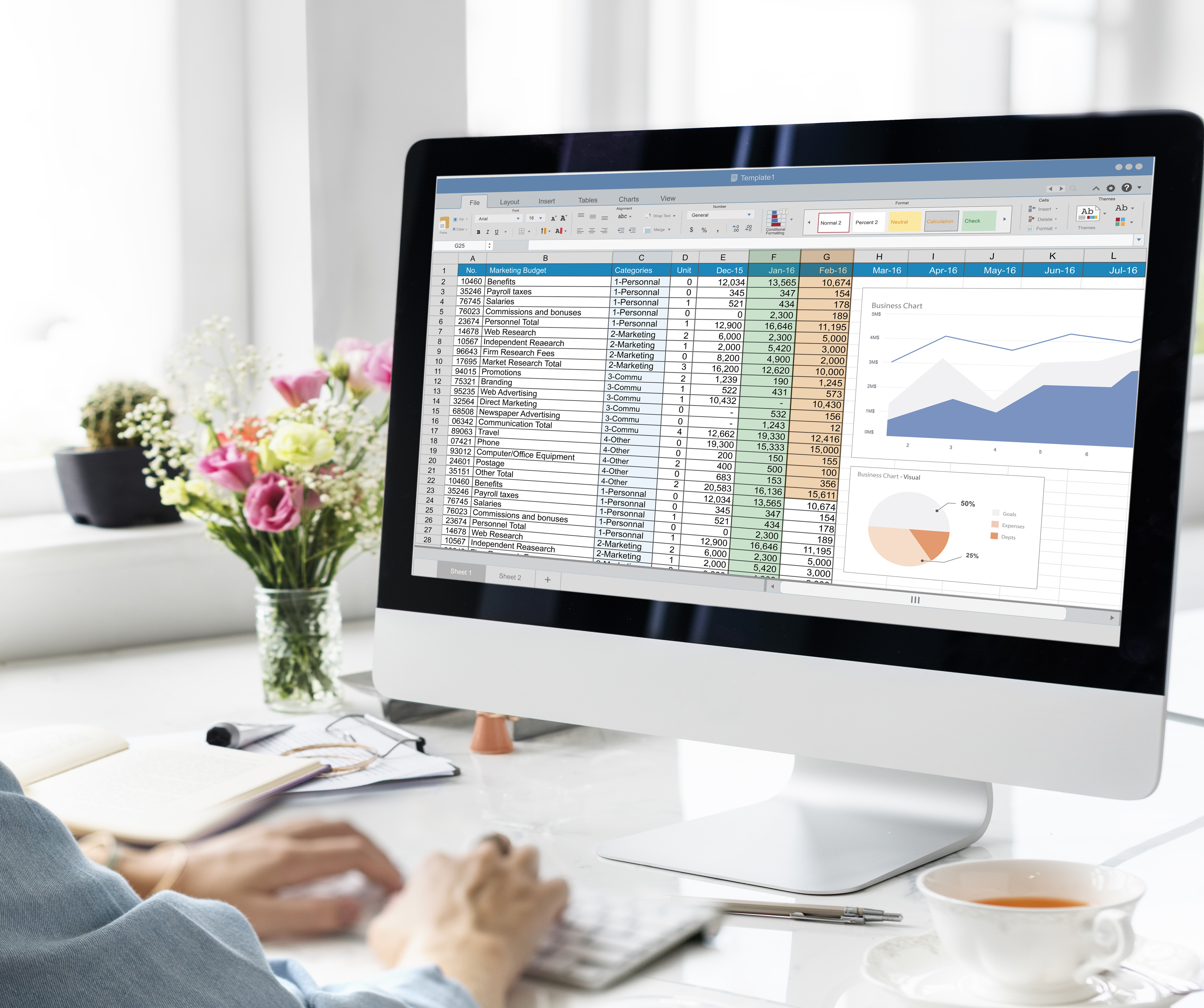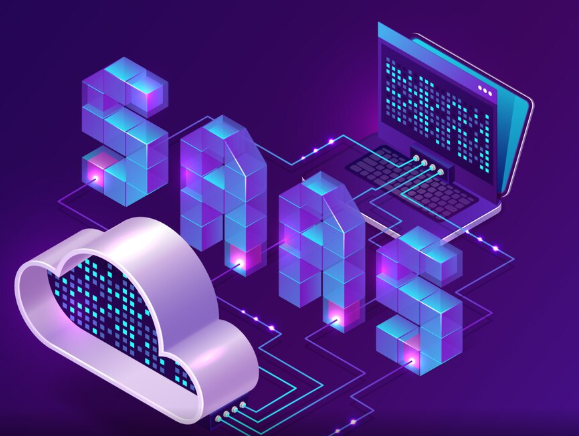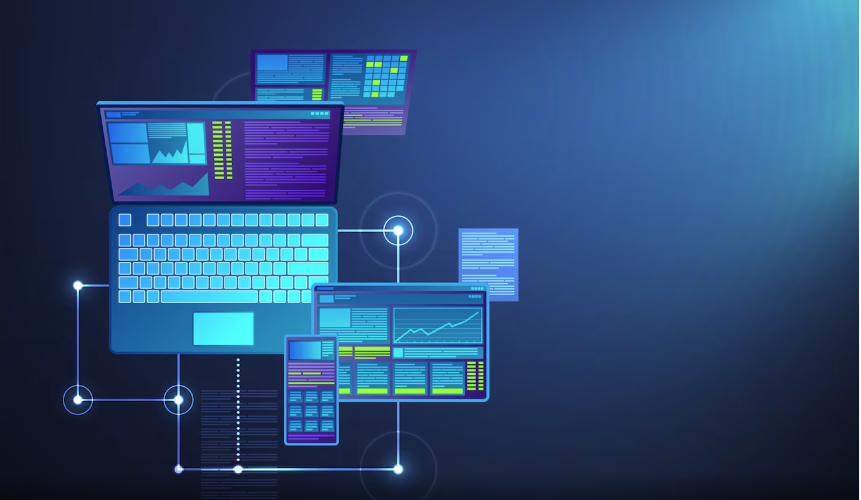ERP Software – Everything You Need to Know About Enterprise Resource Planning

Strong 8k brings an ultra-HD IPTV experience to your living room and your pocket.
In today’s fast-paced business environment, companies need efficient solutions to manage their operations seamlessly. ERP software (Enterprise Resource Planning software) is a powerful tool that integrates multiple business functions into a single system, streamlining workflows, enhancing productivity, and improving decision-making. From finance and human resources to supply chain and customer relationship management (CRM), ERP systems help businesses of all sizes optimize their operations.
This guide will explore what ERP software is, its key features, benefits, types, and how to choose the right ERP solution for your business.
What is ERP Software?
ERP software is an integrated system that centralizes and automates key business processes, including:
- Finance & Accounting – Manages financial transactions, budgeting, and reporting.
- Human Resources (HR) – Handles payroll, employee management, and recruitment.
- Supply Chain Management (SCM) – Tracks inventory, logistics, and procurement.
- Customer Relationship Management (CRM) – Improves customer engagement and service.
- Manufacturing & Production – Automates production planning, quality control, and resource allocation.
With ERP solutions, businesses can eliminate data silos, ensure real-time data access, and improve cross-department collaboration.
Key Features of ERP Software:-
A robust ERP system includes several key features:
1. Centralized Data Management
ERP consolidates all business data into a unified platform, eliminating redundancies and improving data accuracy.
2. Process Automation
From invoicing and payroll processing to order fulfillment, ERP software automates routine tasks, reducing manual errors and increasing efficiency.
3. Real-Time Analytics & Reporting
With built-in dashboards and analytics, ERP solutions provide real-time insights, helping businesses make informed decisions.
4. Scalability & Customization
Modern ERP systems are flexible and scalable, allowing businesses to add new features as they grow.
5. Integration with Other Systems
ERP software integrates with existing CRM, e-commerce, and third-party applications to provide a seamless workflow.
Types of ERP Software:-
ERP solutions are available in different deployment models, including:
1. On-Premise ERP
- Installed on a company’s in-house servers.
- Offers greater control and security.
- Requires IT expertise for maintenance.
2. Cloud-Based ERP
- Hosted on a cloud server, accessible from anywhere.
- Reduces IT infrastructure costs.
- Automatic software updates and scalability.
3. Hybrid ERP
- A mix of on-premise and cloud ERP features.
- Allows businesses to maintain sensitive data on-premise while using cloud functionalities for flexibility.
4. Industry-Specific ERP
- Tailored ERP solutions designed for specific industries such as manufacturing, healthcare, retail, and logistics.
- Comes with pre-built functionalities suited to industry needs.
Benefits of ERP Software:-
1. Improved Efficiency & Productivity
By automating repetitive tasks, ERP software allows employees to focus on strategic work.
2. Cost Reduction
ERP eliminates redundant processes and improves resource management, leading to significant cost savings.
3. Better Decision-Making
Real-time insights enable businesses to make data-driven decisions for growth and profitability.
4. Enhanced Security & Compliance
Modern ERP systems come with data encryption, user access controls, and compliance management tools, ensuring data security.
5. Scalability for Growth
As businesses expand, ERP solutions can be customized and scaled to meet new demands.
How to Choose the Right ERP Software:-
Choosing the right ERP system depends on several factors:
1. Identify Your Business Needs
Determine which departments need automation and what functionalities you require.
2. Evaluate Deployment Options
- On-Premise ERP for companies needing full control over their systems.
- Cloud-Based ERP for flexibility and remote accessibility.
- Hybrid ERP for a balance of security and convenience.
3. Check Integration Capabilities
Ensure the ERP software integrates smoothly with existing tools such as CRM, accounting, and e-commerce platforms.
4. Consider Scalability & Customization
Your ERP should be adaptable to accommodate business growth and changing industry needs.
5. Analyze Costs & ROI
Compare upfront costs, licensing fees, and maintenance expenses with the expected return on investment.
6. Vendor Support & Training
Choose a provider offering 24/7 customer support, software training, and regular updates.
Popular ERP Software Solutions in the Market:-
Some of the most widely used ERP products include:
- SAP ERP – Best for large enterprises with complex business operations.
- Oracle NetSuite – A cloud-based ERP for small to mid-sized businesses.
- Microsoft Dynamics 365 – Ideal for companies looking for flexible ERP solutions.
- Odoo – An open-source ERP suitable for small businesses.
- Infor ERP – Great for industries like manufacturing and healthcare.
Future Trends in ERP Software:-
As technology advances, ERP systems are evolving to include:
- AI & Machine Learning – Predictive analytics for better forecasting.
- Blockchain Integration – Enhanced security and transparency.
- IoT (Internet of Things) – Real-time tracking of inventory and assets.
- Mobile ERP – Access ERP functionalities on smartphones and tablets.
Conclusion:-
ERP software is a game-changer for businesses looking to improve efficiency, automate processes, and enhance decision-making. Whether you choose on-premise, cloud-based, or hybrid ERP solutions, selecting the right ERP system can lead to significant growth and competitive advantage.
Note: IndiBlogHub features both user-submitted and editorial content. We do not verify third-party contributions. Read our Disclaimer and Privacy Policyfor details.







